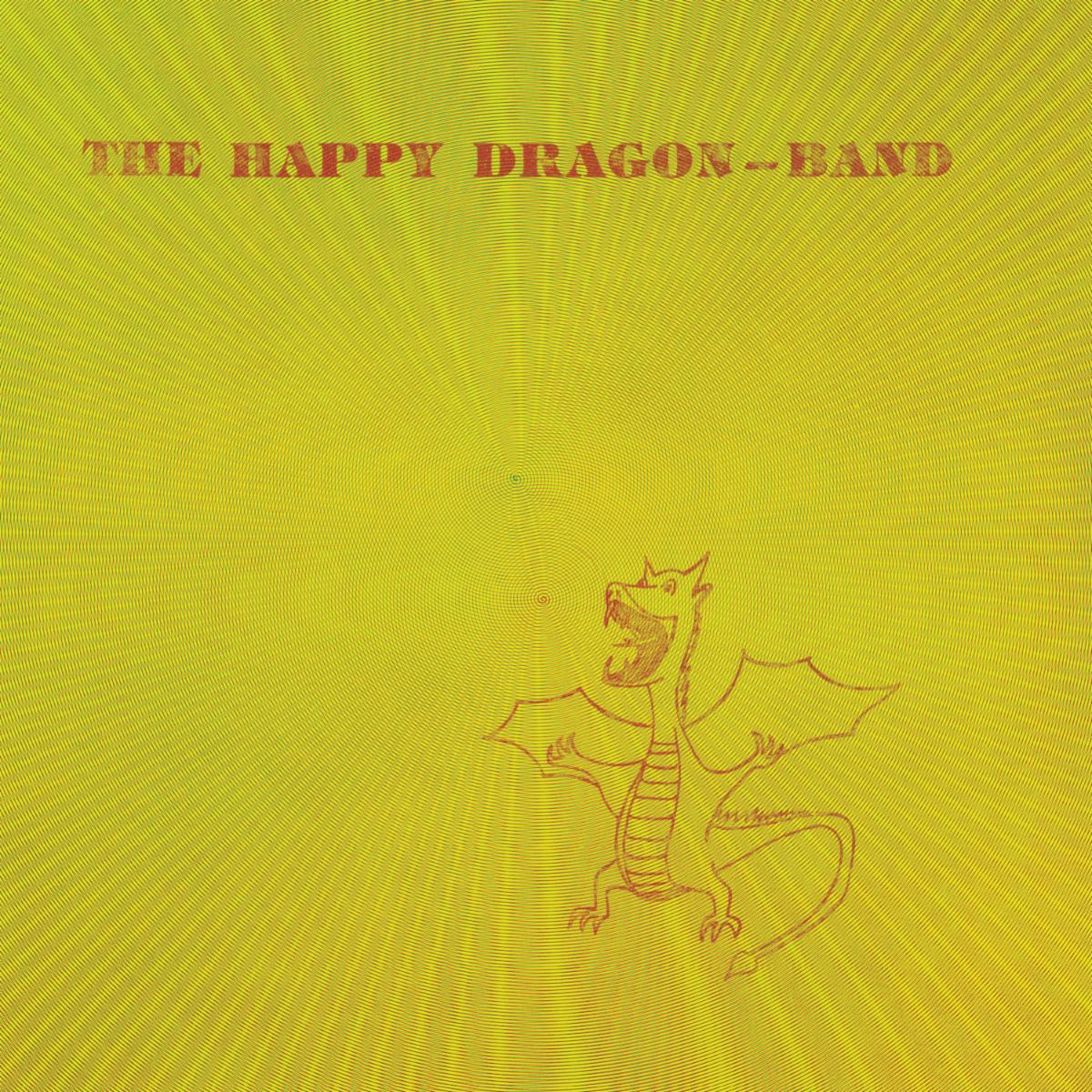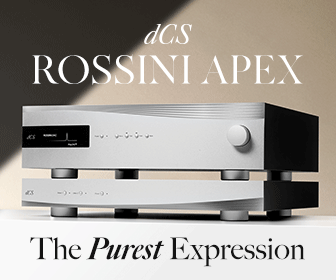Tommy Court's Happy Dragon Band Finds New Audience Through ORG Music
The Rare Private Press Album Was Remastered and Reissued For Record Store Day
Do you find the idea of an unknown, songwriting multi-instrumentalist who was at one time a compelling artist yet who never truly found their lane appealing? If you answered in the affirmative, then it won’t require much arm twisting to have you explore ORG Music’s recent reissue of Tommy Court’s self-titled - one and only album - The Happy Dragon Band.
The rare 1978 private pressing (only 200 albums were originally issued) has been reissued on vinyl for Record Store Day 2023 in celebration of its 45th anniversary. This self-produced rarity is a treasure trove for those in search of songwriting in the vein of Todd Rundgren, but coupled with dramatically evocative vocals and relentless waves of overwhelming synthesizer. While the album was released in the late 70s, it sounds as though it could have come from earlier that decade.
Also included in this reissue package are detailed liner notes by Dave Segal. Appropriately so, Segal fills listeners in about the tale of Tommy Court who really is the The Happy Dragon Band and also the brainchild behind this mysterious album. A brief recap is that Court, growing up in Detroit in the 50s and 60s found that he had a love for music which led him toward two significant experiences. The first was purchasing an ARP 2500 synthesizer. The second was connecting with Fiddlers Music Company where he found a job, specifically where he built a recording studio and worked.
Of course, as a soundman in the 70s and 80s, Court served as a sound engineer for many of the acts who came through Detroit and built a reputation as the local go-to audio/tech guy of his era. As far as I can tell, this album was recorded independently by Court, perhaps also including the facilities at Fiddlers. He explains in the notes, “I had an 8-track TASCAM machine then. But I started on a 4-track TASCAM. So I was at the early blooming of the modern, inexpensive home studio."
Tommy Court at the mixing board
The Happy Dragon Band is very experimentally psychedelic, leaning a bit more on the proggy side. You might forgo the experience of listening to it while alone in a dark house. Or, should you choose to go that route, you’ll certainly have a fitting soundtrack to spook yourself silly. Todd Rundgren was mentioned a bit earlier, but Pink Floyd aficionados will also enjoy the sonic stew that Court serves up. Progressive psychedelia that leans more on the glammy side of 70s rock and roll is also evident here: T. Rex, Bowie, and Mott the Hoople come to mind. One might also catch a whiff of Big Star’s Chris Bell - his solo work - and even maybe a few strains of Bob Ezrin produced Alice Cooper (fellow Detroit boy), particularly the lead-off track, “3-D, Free."
“A Long Time” is a Zeppelin-style jam that threatens to go off the rails at any given moment, but what sets Court’s vision apart from other rock and roll creators of the mid-seventies is his dogged reliance on what squonky sounds he can coax out of his keyboards. Things settle in closer to mainstream expectations and explore Rocky Horror theatics - underscored with plenty of glushy drums - on “Lyrics of Love” which is one of the album’s stronger tracks. Speaking of those drums, they sound as though they were recorded under 12 feet of water on the Canadian side of the Detroit River. However, this recording choice somehow works and well serves the project’s vision.
“Disco American '' is a standout, either because you’ve reached the album’s high water mark of commerciality and dark weirdo spook fusion, or because it serves as a primeval template for Jack Black’s Tenacious D outfit. Go ahead and listen to the song with that thought in mind and get back to me. The instrumental and progressive, “Inside the Pyramid” is a barn-burning fusion of 1970s rock guitar with squeaky synths that challenge the listener to guess which is which. The album concludes with the penultimate psych-freakout, “3-D, Free (Electronic)” and it delivers in spades.
There’s a slightly unnerving quality to this album, but that’s part of the fun. Sonically and compositionally, Court’s opus comes across as a misunderstood and unappreciated masterstroke, but also goads the listener to question if the joke’s on them. While I’ve never heard an expensive original private pressing, Dave Gardner’s remaster successfully frames the sound with punch and vitality and protects the album from wading too far out into its own bugged out murk. Kudos to him for polishing the overall soundscape while concurrently staying true to the record’s freaky home-grown charm. Court created a copious amount of sonic information for a mastering engineer to contend with. ORG’s reissue includes two bonus tracks: “Re-Re Love” and “Fanty.” The instrumental “Fanty” might just be my favorite track on the album with its deep synth parts nearly visiting primordial yacht-rock territory.
Original copies of The Happy Dragon Band are - as you have probably suspected - very expensive. At time of writing, an original pressing (remember, there were only originally some 200 in existence) hover around the $200.00 mark, and that’s only in VG+ condition. Of course, such a rare album has created a market for many “unofficial” versions to have been released over the years. In fact, there are only two “official” versions of the album: the original pressing, and this new ORG reissue.
Physical media lovers, rejoice! While there was an “unofficial” CD release in the mid-2000’s, The Happy Dragon Band can only be found on vinyl; this reissue did not include a digital version of the album and a quick scan of streaming services indicates no digital version exists beyond some sketchy YouTube rips. While I imagine this new version was cut from digital files (as the record is not marketed as a AAA release), those digital files are not available to the general public. It is wholly refreshing not to have an album available on a hundred different formats: if you’d like to hear this album, the only way to do so is to buy the record and put it on a turntable. Yellow vinyl is the name of the game here and the color appropriately matches the album’s cover art; stereo separation is impressive for a self-produced and engineered private press release. The disc is well-centered and mostly quiet, aside from the fact that - while switching sides - I clumsily dropped my copy thereby creating a soul-crushing 65 second gash throughout side two’s, “Astro Pfunk;” an amateur hour, face planting, record reviewer-fail.
Again, this is an album for listeners who enjoy learning about artists who created their visions through a staunchly DIY attitude. There is a lot to learn from the production of Tommy Court: how sometimes the homegrown audio aesthetic is capable of producing emotions that cannot be replicated in a high-end setting. While there are now many “bedroom” musicians and producers who conjure up high-quality recordings, the independent digital recording world is much more homogenized today. While listening to this record, consider the technical limitations of recording equipment and techniques in the 1970s and imagine not only how that impacted the sound of the album, but also its composition, production, and creation. Some of those limitations may have served to strengthen the final product.
Looking for something different? The Happy Dragon-Band is certainly a way to go. This reissue feels a little bit like a hidden secret. ORG Music has only pressed up 1,000 copies of this gem which, for those of you doing some math at home, means that there are only 1,200 “official” copies of this record available on Planet Earth. So consider purchasing your own copy before the reissues become as mythical and mysterious as Tommy Court’s music which lurks within the album’s grooves.









































.png)








